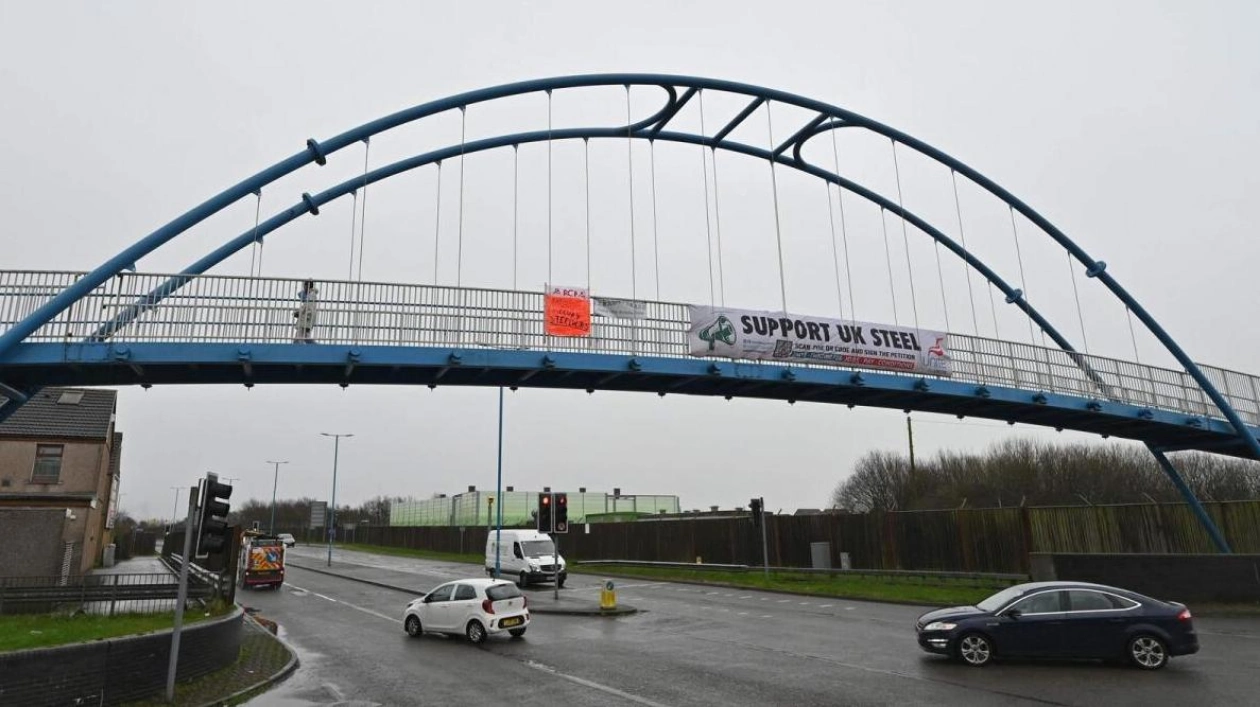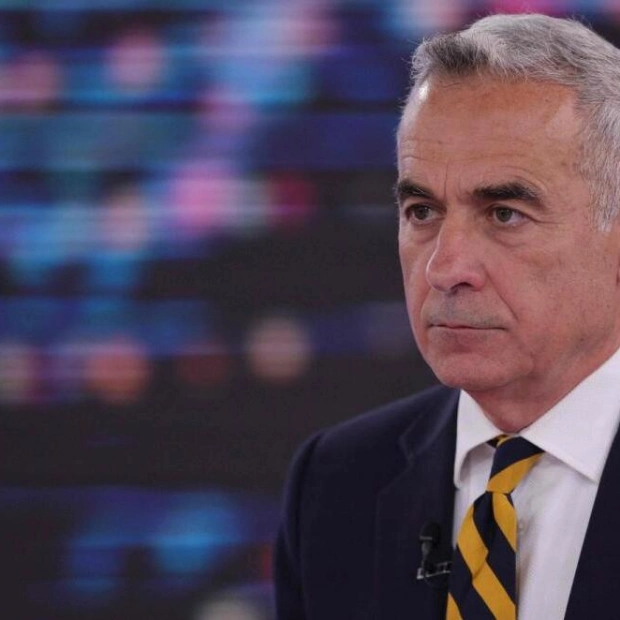A planned strike at Tata Steel UK's Port Talbot steelworks in south Wales, initially scheduled for next week, has been cancelled, according to unions on Monday. This cancellation comes after renewed discussions with management. Tata Steel, owned by India, is set to begin closing the first furnace at the UK's largest steelworks shortly, with plans to shut the second by the end of 2024 as part of a strategic shift towards more environmentally friendly production methods. The Unite trade union had previously declared an indefinite strike starting July 8 in response to the company's job reduction plans, but this action has now been halted.
The Labour party, which is favored to win over the Conservatives in the upcoming general election on July 4, had strongly advised Tata to prevent the strike. Unite confirmed in a Monday statement that the industrial action at Tata in South Wales has been temporarily suspended. This decision was made after Tata indicated a willingness to negotiate not only redundancies but also future investments for its operations in South Wales, including Port Talbot, following intensive talks over the weekend.
Sharon Graham, the general secretary of Unite, praised this development as a significant breakthrough in safeguarding jobs and the future of steel production in South Wales. She emphasized that the investment secured by Unite under a potential Labour government would be crucial for the site's future. Graham also highlighted the courage of the Port Talbot members who were ready to fight for their jobs, noting that workers were unwilling to watch passively as steel production ceased and their communities suffered.
The ovens, originally slated to close in July, are essential for converting coal into coke, a vital ingredient in steel production. Tata announced in January its intention to close these coke ovens and two high-emission blast furnaces in Port Talbot, a move that could result in the loss of up to 2,800 jobs. This restructuring is occurring against a backdrop of significant change in the European steel industry, which is striving to fund less carbon-intensive production methods. Tata aims to invest £1.25 billion ($1.58 billion), including £500 million from the UK government, in electric arc furnace technology to reduce long-term carbon emissions. The company has decided not to expedite the closure of one of the furnaces due to the threat of strike action and will instead revert to its original plan for discussions with unions regarding future investments and business aspirations.






